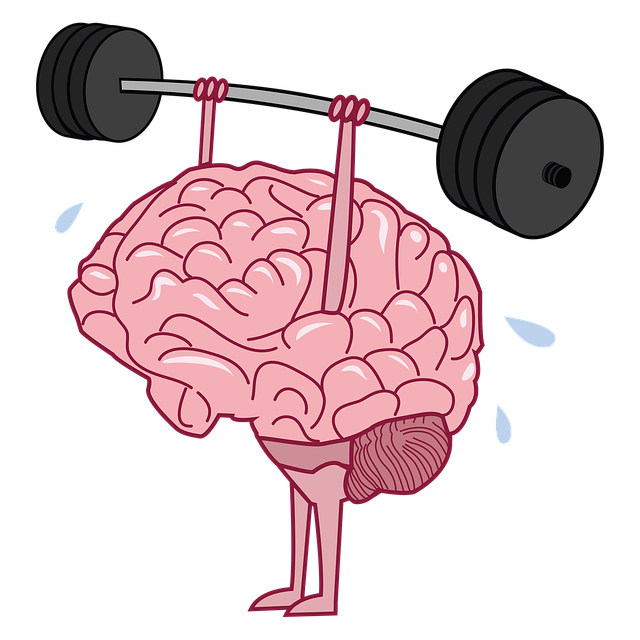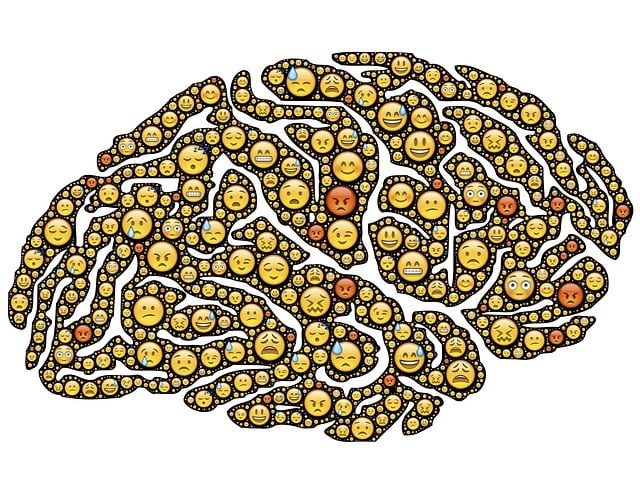Westminster ADD-ADHD evaluations offer structured guidance for mental health professionals to assess and interpret behavioral, cognitive, and emotional aspects of neurodevelopmental disorders. These evaluations inform personalized treatment plans, combining behavioral therapy, medication management, or both, by identifying strengths, weaknesses, and concerns related to attention, impulse control, and hyperactivity. The data-driven approach at our Westminster clinic involves analyzing session notes, observations, and metrics using evidence-based methods, ensuring tailored strategies for positive outcomes. This analysis advocates for improved healthcare services, informs policy decisions, and develops targeted interventions like self-awareness exercises and community resilience programs.
Mental health data analysis is a powerful tool in understanding and improving individual well-being, especially through the lens of conditions like ADHD. This article explores the intricate process of interpreting therapy data from Westminster ADD-ADHD evaluations to tailor treatments effectively. We delve into how such analyses can shape advocacy efforts, leading to better mental healthcare services. By examining these methods, we aim to highlight the significance of data-driven insights in navigating the complex landscape of mental health support.
- Understanding Mental Health Data: Westminster ADD-ADHD Evaluations
- The Process of Therapy Data Interpretation for Personalized Treatment
- Utilizing Analysis to Advocate for Better Mental Healthcare Services
Understanding Mental Health Data: Westminster ADD-ADHD Evaluations

Understanding mental health data is a complex yet crucial task for healthcare professionals, especially when dealing with conditions like ADD-ADHD. Westminster ADD-ADHD Evaluations offer a structured framework to assess and interpret behavioral patterns, cognitive functions, and emotional responses that are characteristic of this neurodevelopmental disorder. These evaluations play a pivotal role in guiding therapy strategies, ensuring interventions are tailored to each individual’s unique needs.
By employing comprehensive assessment tools, mental health professionals can gather valuable insights into an individual’s functioning. This includes identifying strengths, weaknesses, and areas of concern related to attention, impulse control, and hyperactivity. The data collected through these evaluations serves as a foundation for developing personalized treatment plans, be it behavioral therapy, medication management, or a combination of both. Moreover, understanding ADD-ADHD data is enhanced by considering the context of the individual’s cultural background, as evidenced by relevant training for healthcare providers, ensuring culturally competent care and accurate risk assessments.
The Process of Therapy Data Interpretation for Personalized Treatment

The process of interpreting therapy data is a meticulous and crucial step in providing personalized treatment plans, especially for conditions like ADD/ADHD. At our Westminster clinic, we employ evidence-based methods to analyze individual patient progress, factoring in their unique circumstances and responses to therapeutic interventions. This involves a comprehensive review of session notes, behavioral observations, self-reported symptoms, and other relevant metrics. By integrating these data points, our therapists apply Mind Over Matter principles to tailor treatments that address specific challenges.
For instance, in the context of ADD/ADHD evaluations, we utilize advanced assessment tools to identify areas of difficulty, such as attention regulation, executive functioning, and emotional control. This data-driven approach enables us to design targeted strategies for burnout prevention and implement risk assessment protocols for mental health professionals. Through careful interpretation, we ensure that treatment plans are not one-size-fits-all but rather tailored to foster positive outcomes for each client.
Utilizing Analysis to Advocate for Better Mental Healthcare Services

Mental health data analysis plays a pivotal role in advocating for better healthcare services. By meticulously examining trends and patterns within populations, researchers and practitioners can identify areas of need that might otherwise go overlooked. For instance, in communities like Westminster, where ADD-ADHD evaluations and therapy are increasingly accessible, data analysis allows for targeted interventions to support individuals with specific mental health challenges. This process involves not only understanding the prevalence of conditions but also gauging the effectiveness of existing treatments, ultimately guiding policy decisions and resource allocation.
Leveraging tools like self-awareness exercises and compassion cultivation practices, alongside efforts focused on self-esteem improvement, can be effectively derived from data analysis. These strategies not only enhance individual well-being but also contribute to broader community resilience. Through continuous evaluation and interpretation, mental health services can evolve to meet the unique demands of diverse populations, ensuring that everyone receives the support they need for a healthier, more fulfilling life.
Mental health data analysis and interpretation, as exemplified by Westminster ADD-ADHD Evaluations therapy, play a pivotal role in personalizing treatment plans. By understanding and navigating complex datasets, professionals can deliver more effective care tailored to individual needs. This not only enhances patient outcomes but also serves as a powerful advocate for better mental healthcare services. Through data-driven insights, we can push for systemic changes, ensuring accessible and quality care for all.














